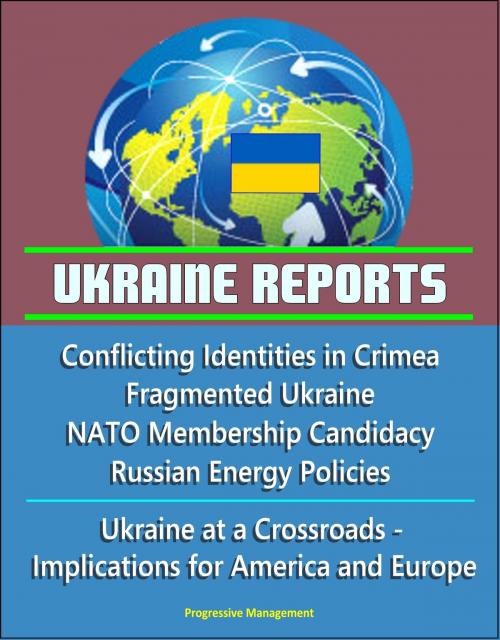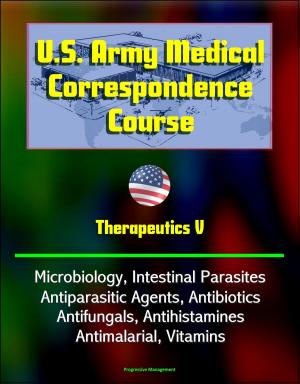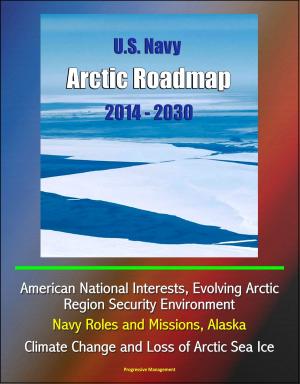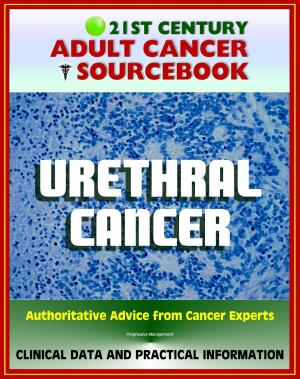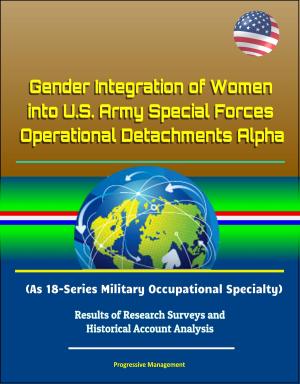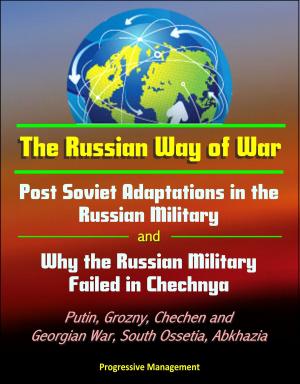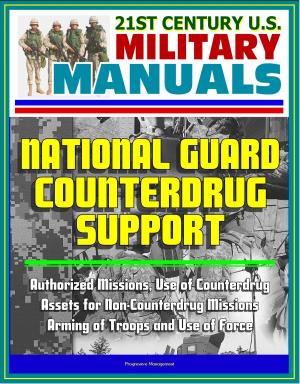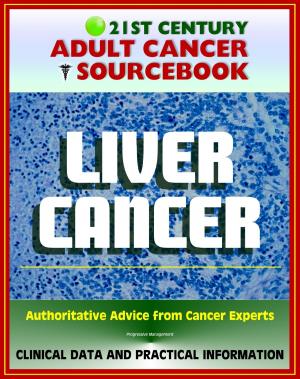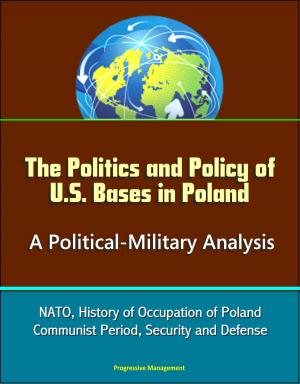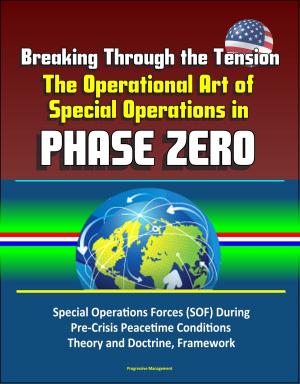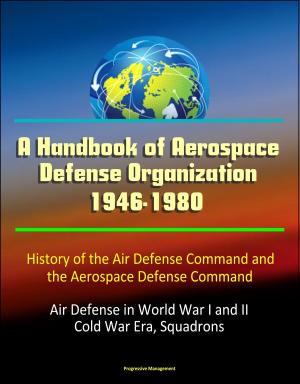Ukraine Reports: Conflicting Identities in Crimea, Fragmented Ukraine, NATO Membership Candidacy, Russian Energy Policies, Ukraine at a Crossroads - Implications for America and Europe
Nonfiction, History, Asian, Former Soviet Republics, Russia| Author: | Progressive Management | ISBN: | 9781311078506 |
| Publisher: | Progressive Management | Publication: | March 23, 2014 |
| Imprint: | Smashwords Edition | Language: | English |
| Author: | Progressive Management |
| ISBN: | 9781311078506 |
| Publisher: | Progressive Management |
| Publication: | March 23, 2014 |
| Imprint: | Smashwords Edition |
| Language: | English |
Six reports, studies, and documents provide special insight into current events in the Ukraine, with detailed discussions of vital interests of particular interest during the ongoing crisis involving Russian aggression. Reports in this compendium: Ukraine at a Crossroads: What's at Stake for the U.S. and Europe? * U.S. - Ukraine Military Relations and the Value of Interoperability * Homeland vs. Our Land: Conflicting Identities in Crimea * A Fragmented Ukraine: Part of the West or Apart from the West? * NATO, Russia, Poland, and Ukraine: Perspectives on the Ukraine Candidacy For NATO Membership * Russia's Energy Policies and Ukraine's NATO Candidacy.
Ukraine at a Crossroads: What's at Stake for the U.S. and Europe? - Informative testimony at a U.S. Senate hearing, with an emphasis on Viktor Yanukovych and former Prime Minister Yulia Tymoshenko.
U.S. - Ukraine Military Relations and the Value of Interoperability - Mr. Leonid Polyakov's detailed study of Ukrainian-U.S. defense relations and of Ukraine's defense reforms provides a comprehensive account of these two intertwined processes with focus on the last 5 years. His analysis clearly points out both the obstacles and the successes that Ukraine has encountered in its defense reform and outlines the challenges ahead for both partners.
Homeland vs. Our Land: Conflicting Identities in Crimea - Depending on one's starting point (or the source), Crimea rightfully belongs to the ethnic Tatars (who occupied the region before the Ottoman empire moved in during the 15th century), the Russians (who took it from the Ottomans in the 18th century) or the Ukrainians (who ended up with this valuable peninsula in the 20th century). All have rightful claims and considerable evidence to 'prove' that this territory belongs to them. These claims reached a fever pitch shortly after the USSR collapsed in 1991, when the majority Russian population claimed ownership, and there have been frequent predictions since then that Crimea would become the next flash-point.
A Fragmented Ukraine: Part of the West or Apart from the West? - Modern-day Ukraine has all the attributes of a state except a consolidated national identity. The primary internal reasons for the lack of national identity are the interpretations of the history of the Ukrainian people, ethnic composition, and regional loyalties. Furthermore, the interference of Russia on ethnic, linguistic, regional, and economic levels exacerbates the present divisions in Ukrainian society. The process of nation-building is intertwined with state-building.
NATO, Russia, Poland, and Ukraine: Perspectives on the Ukraine Candidacy For NATO Membership - Ukraine's NATO ambitions form a controversial but vital international issue because they implicate the contradictory perspectives of Poland and Russia. The history and self-perceptions of all three states shape and reshape the question of Ukraine joining NATO, as a key step toward westernization, integration, and independence. The challenges of accommodating these competing visions of the past and future are relevant beyond the alliance to all practitioners and scholars of international affairs; in this connection, the question of Ukraine's NATO status also can serve as a case study of the broader subject. The present analysis takes the basic form of a historical narrative that analyzes Ukrainian, Polish, and Russian views of their shared history and divergent visions of the strategic future.
Russia's Energy Policies and Ukraine's NATO Candidacy - The amalgamation of key NATO European states' strong dependency on Russian natural gas and Ukraine's potential NATO membership makes Kyiv's political and strategic orientation a relevant and contemporary question for the United States and its NATO Allies.
Six reports, studies, and documents provide special insight into current events in the Ukraine, with detailed discussions of vital interests of particular interest during the ongoing crisis involving Russian aggression. Reports in this compendium: Ukraine at a Crossroads: What's at Stake for the U.S. and Europe? * U.S. - Ukraine Military Relations and the Value of Interoperability * Homeland vs. Our Land: Conflicting Identities in Crimea * A Fragmented Ukraine: Part of the West or Apart from the West? * NATO, Russia, Poland, and Ukraine: Perspectives on the Ukraine Candidacy For NATO Membership * Russia's Energy Policies and Ukraine's NATO Candidacy.
Ukraine at a Crossroads: What's at Stake for the U.S. and Europe? - Informative testimony at a U.S. Senate hearing, with an emphasis on Viktor Yanukovych and former Prime Minister Yulia Tymoshenko.
U.S. - Ukraine Military Relations and the Value of Interoperability - Mr. Leonid Polyakov's detailed study of Ukrainian-U.S. defense relations and of Ukraine's defense reforms provides a comprehensive account of these two intertwined processes with focus on the last 5 years. His analysis clearly points out both the obstacles and the successes that Ukraine has encountered in its defense reform and outlines the challenges ahead for both partners.
Homeland vs. Our Land: Conflicting Identities in Crimea - Depending on one's starting point (or the source), Crimea rightfully belongs to the ethnic Tatars (who occupied the region before the Ottoman empire moved in during the 15th century), the Russians (who took it from the Ottomans in the 18th century) or the Ukrainians (who ended up with this valuable peninsula in the 20th century). All have rightful claims and considerable evidence to 'prove' that this territory belongs to them. These claims reached a fever pitch shortly after the USSR collapsed in 1991, when the majority Russian population claimed ownership, and there have been frequent predictions since then that Crimea would become the next flash-point.
A Fragmented Ukraine: Part of the West or Apart from the West? - Modern-day Ukraine has all the attributes of a state except a consolidated national identity. The primary internal reasons for the lack of national identity are the interpretations of the history of the Ukrainian people, ethnic composition, and regional loyalties. Furthermore, the interference of Russia on ethnic, linguistic, regional, and economic levels exacerbates the present divisions in Ukrainian society. The process of nation-building is intertwined with state-building.
NATO, Russia, Poland, and Ukraine: Perspectives on the Ukraine Candidacy For NATO Membership - Ukraine's NATO ambitions form a controversial but vital international issue because they implicate the contradictory perspectives of Poland and Russia. The history and self-perceptions of all three states shape and reshape the question of Ukraine joining NATO, as a key step toward westernization, integration, and independence. The challenges of accommodating these competing visions of the past and future are relevant beyond the alliance to all practitioners and scholars of international affairs; in this connection, the question of Ukraine's NATO status also can serve as a case study of the broader subject. The present analysis takes the basic form of a historical narrative that analyzes Ukrainian, Polish, and Russian views of their shared history and divergent visions of the strategic future.
Russia's Energy Policies and Ukraine's NATO Candidacy - The amalgamation of key NATO European states' strong dependency on Russian natural gas and Ukraine's potential NATO membership makes Kyiv's political and strategic orientation a relevant and contemporary question for the United States and its NATO Allies.
